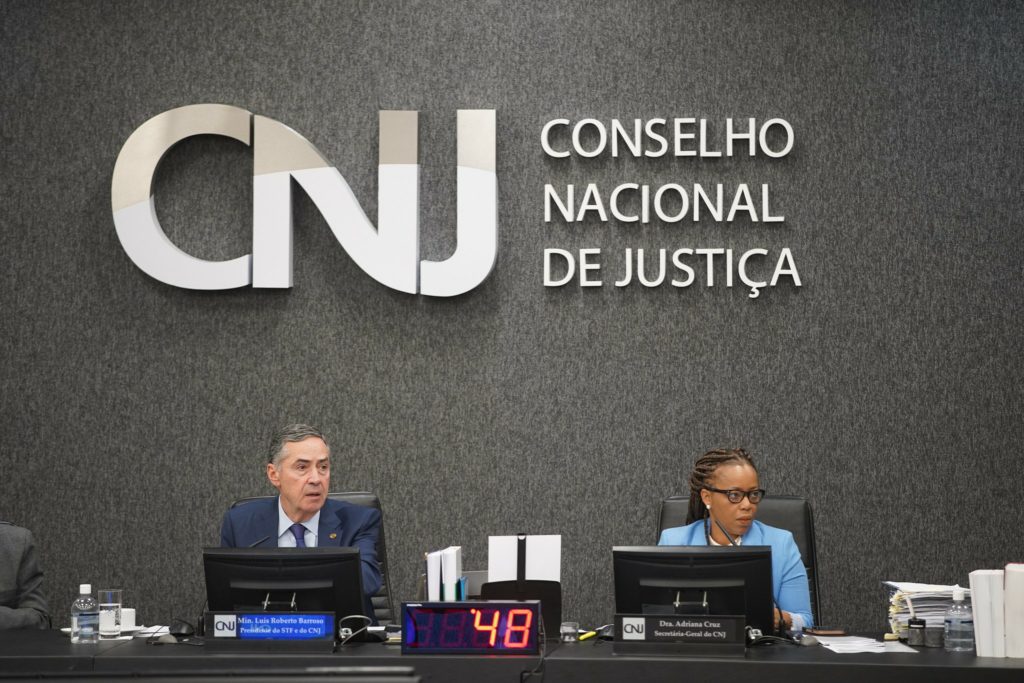RACIAL QUOTAS
The National Council of Justice (CNJ) approved this Tuesday (12/12) a Normative Act that establishes guidelines for hetero-identification procedures in competitions for entry into the judiciary. The norm endorses the creation of a bank of experts to form the racial identification commissions and provides for the formation of a separate panel for the appeal phase. At this stage, if there is rejection, there must be reasons in respect of the legal process with broad defense. Read the full normative act under number 0005090-13.2023.2.00.0000.
After approval of the resolution that will come into force from April 2024, the CNJ approved a determination for the Court of Justice of the State of Rio Grande do Sul (TJRS) to reevaluate a candidate's appeals against the competition evaluation committee public bench, which must be screened by a new panel made up of different members that meets the requirements of the recently approved resolution.
Subscribe to the public service-focused newsletter Por Dentro da Máquina. Click here to subscribe for free and receive the next editions
In the case in question, a candidate was rejected by the commission because, in its view, he did not meet the racial quota criteria. However, according to lawyer Rodrigo Alessandro, Sartoti, his client was approved and considered black by the panel of three other competitions, in Paraná, Brasília and Rondônia.
Sartoti maintains that his client is a black man, with brown skin, son of a black biological mother and a father of German origin. The lawyer also highlighted possible procedural flaws in the evaluation of his client, such as the panel with a smaller number of members than necessary and the absence of questions about the candidate's racial history, such as questions about racial discrimination.
“Heteroidentification boards serve to prevent fraud, but they also cannot violate the dignity of the human person. Therefore, they cannot become a kind of racial court, saying who is black and who is not. It’s to avoid fraud, they are different things”, explains Sartoti. This process is processed under number 0005214-93.2023.2.00.0000.
Normative act
The resolution approved by the CNJ establishes that candidates must self-declare at the time of registration, being approved in the 1st stage, with confirmation of self-declaration through photos. The objective is to combat fraud and ethical deviations in judicial examinations.
Confirmation of the candidate's approval as a shareholder will depend on favorable votes from the absolute majority of the members of the hetero-identification committee. This procedure will be filmed and the recording will serve as material to evaluate possible resources presented by candidates. Refusal to participate in the filming intended for hetero-identification will result in the candidate's elimination from the public competition.
The committee will be responsible for exclusively evaluating the candidate's phenotypic characteristics, excluding family history, for example. Any old record or document presented, including images and certificates of hetero-identification procedures in previous competitions, will not be considered valid.
The commission will have five full members and their respective substitutes, designated to act in situations of suspicion or impediment. The majority of members must be black individuals, and gender diversity will be considered in the selection of members to make up the commission.
.

 Mr. Alessandro Jacob speaking about Brazilian Law on "International Bar Association" conference
Mr. Alessandro Jacob speaking about Brazilian Law on "International Bar Association" conference